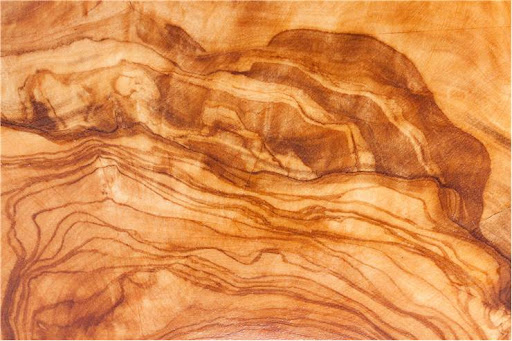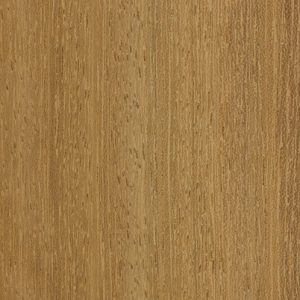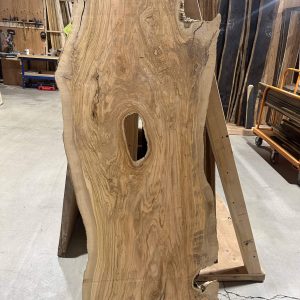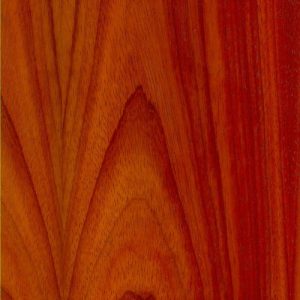Find Your Perfect Wood Product
If you find a product you like, reach out to us for more details and assistance.
Olivewood
Olivewood is an exotic wood that is native to Europe, Africa, and the Middle East. It has a sentimental and religious significance to several cultures and religions. The wood is hard and strong, and has fantastic working characteristics, making it a favorite for wood turning and carving. What makes this hardwood so unique is the extraordinary grain pattern of each individual piece, as well as the distinctive and inviting fragrance that it gives off. It even becomes darker, richer, and more beautiful in color as it ages! It has long been a favorite for religious, historical, and artistic artifacts. It finishes very smoothly, to a high polish.
Length: 3′-6′
Thickness: 4/4 $21/Bd ft
- Common Name(s): Olive Wood, Olivewood
- Scientific Name: Olea europaea
- Distribution: Mediterranean region
- Tree Size: 25-50 ft (8-15 m) tall, 2-3 ft (0.6-0.9 m) trunk diameter
- Average Dried Weight: 62 lbs/ft³ (990 kg/m³)
- Janka Hardness: 1,560 lbf (6,930 N)
- Crushing Strength: 7,490 lbf/in² (51.6 MPa)
Heartwood: Cream or yellowish brown, often with darker brown or black streaks.
Sapwood: Pale cream color, not always sharply demarcated from heartwood.
Grain: Straight to wavy or interlocked.
Texture: Fine, uniform texture with a naturally high luster.
Olivewood heart is rated as durable to very durable regarding decay resistance. Olivewood is also resistant to insect attack.
Olivewood can be somewhat difficult to work due to its density, and it has a tendency to blunt cutting edges. It turns, glues, and finishes well, with the only downside being a potential for movement in service. Olive wood has a distinct, fruity scent when being worked.
- High-end furniture
- Veneer
- Turned objects
- Specialty items
- Decorative pieces
- Kitchen utensils
- Small wooden art pieces






Olivewood is highly prized for its unique grain patterns and natural luster. It is often used in specialty woodworking projects that emphasize the wood’s aesthetic qualities. The wood can be somewhat unstable and prone to movement, so careful seasoning and drying are crucial to ensure stability in finished products.
Note: The wood of the olive tree has been historically significant for thousands of years, particularly in Mediterranean cultures, where it is associated with peace and prosperity.